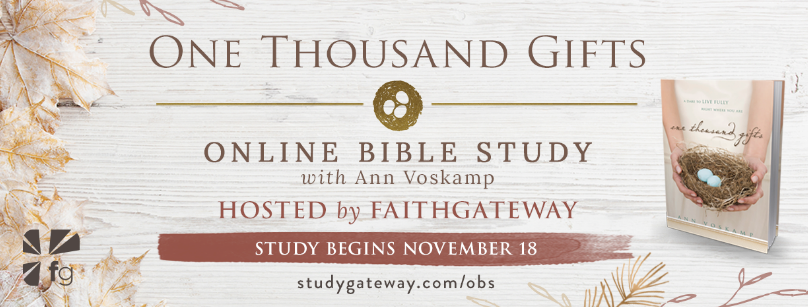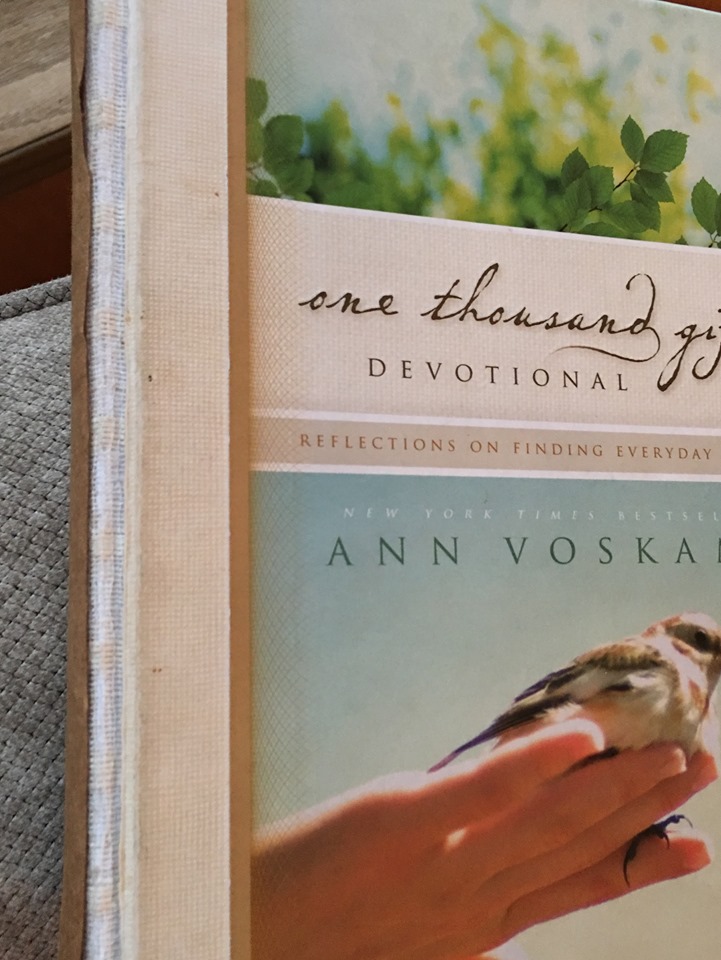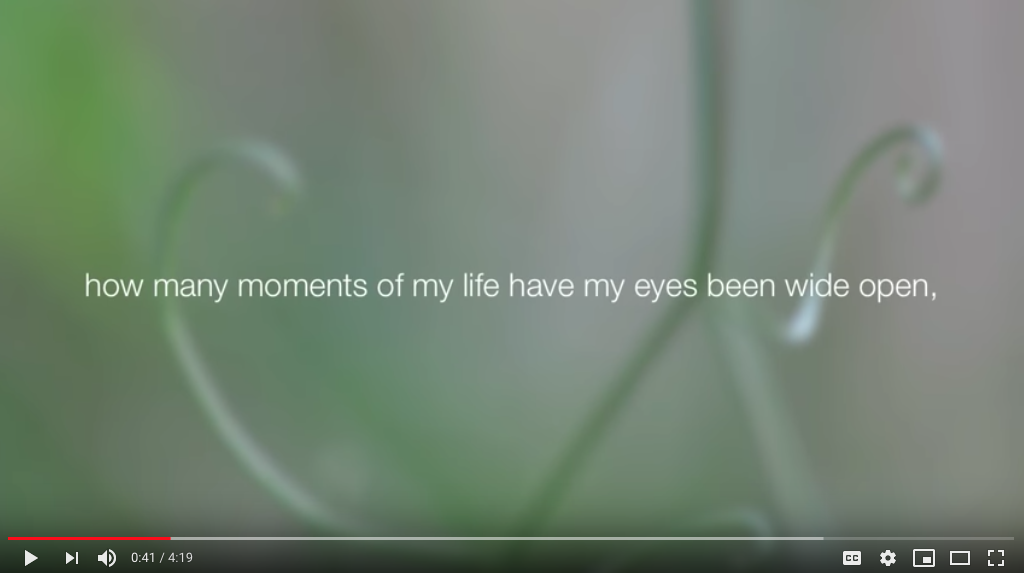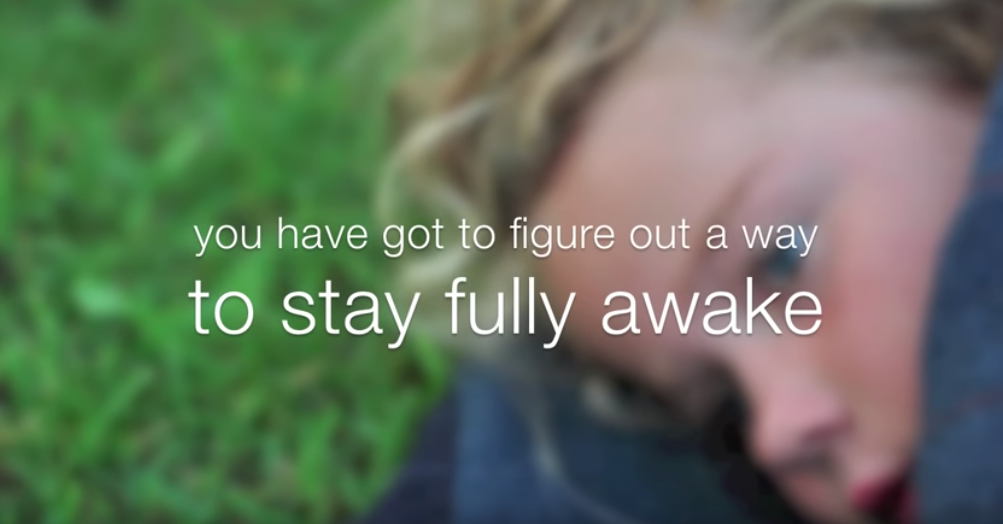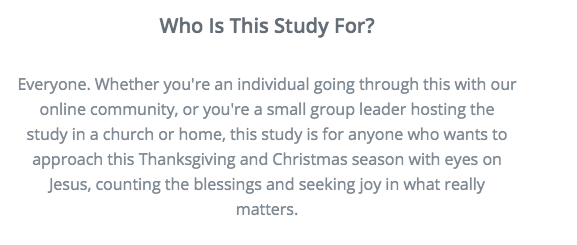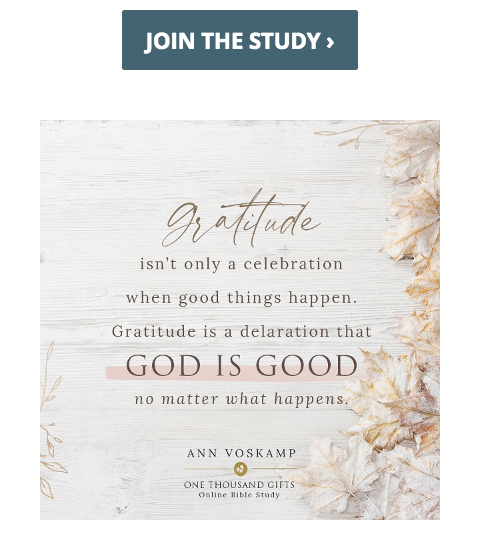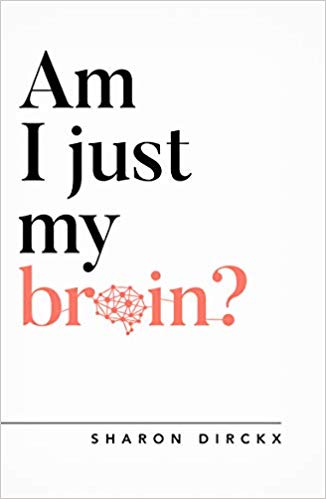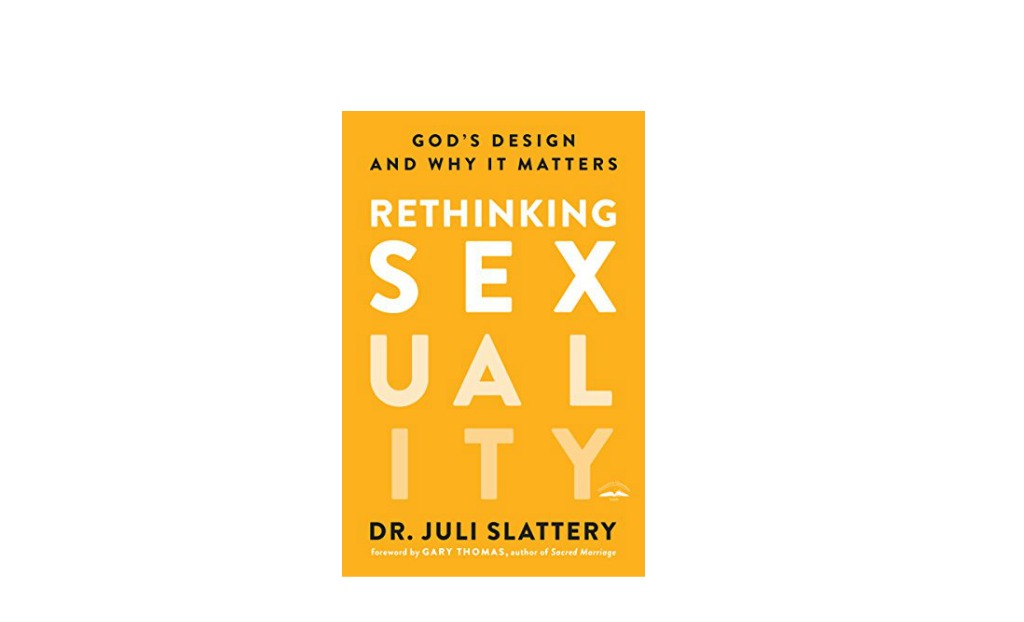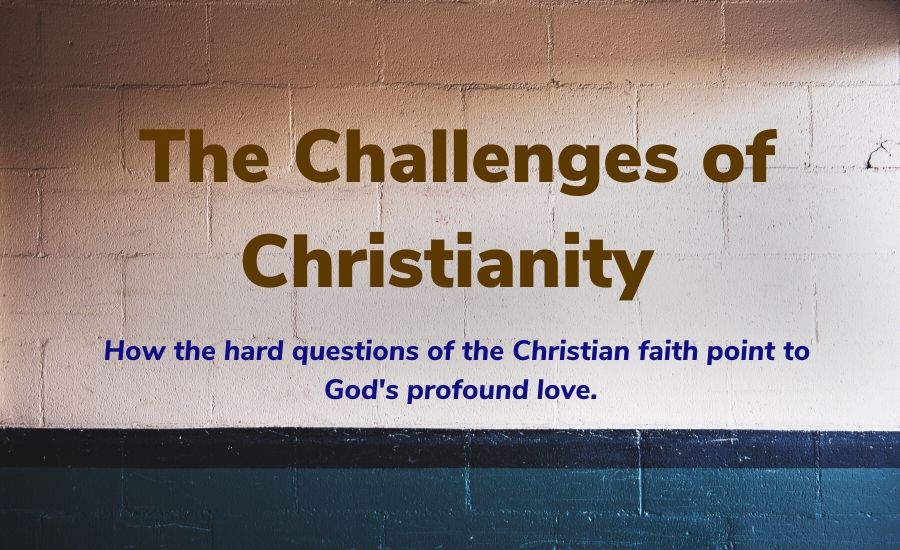
12/15/2019
While my son, Kyle, was alive, we spent many hours, over many years discussing a wide swath of theological questions. However, after his death, and the subsequent events of his new baby daughter, Mercy, almost dying, followed several weeks later by the death of his and Hope’s close friend, Eric, (also Max’s Godfather)…those questions discussed in Kyle’s living room, over text messages and late night phone calls, have had to be answered and lived out in the reality of daily life.
I have been a skeptic most of my life…always asking question after question…followed by more questions. Before I make a decision on something, or gain trust with someone, I need a lot of questions answered. That has been true of my worldview as well.
Every one of us has a worldview, or in other words, a “religion.” A worldview is, in a sense, the lens through which you ultimately look at reality. Every worldview has to answer these four foundational questions:
Origin – How does your worldview explain the origins of the human race and creation?
Meaning – Where is meaning anchored within your worldview?
Morality – What is the moral foundation of your worldview?
Destiny – What is the ultimate destiny of your worldview?
Faith in a worldview – really in anything, or anyone – is built on the gathering of facts. Most of us want some sort of surety that we have enough evidence that will hold up that which we base our decisions, our relationships and our lives on.
“Faith is a foot bridge that you don’t know will hold you up over the chasm until you’re forced to walk out onto it.
I’m standing there now, over the chasm. I inspect the bridge.”
Nicholas Wolterstorff “Lament For a Son”
I have been inspecting the “footbridge” – Christianity – for many years now. I am certainly not alone in those who have questioned, and wrestled with, the claims of the Christian faith. Do claims of Christianity correspond to reality? Are they logically consistent? Are they experientially relevant?
After all these years of examination, I concur with many others who state, “I am convinced that Jesus Christ alone uniquely answers the deepest questions of our hearts and minds.”
The videos below are a 6-part series by Pastor Tim Keller titled “The Trouble With Christianity: Why It’s So Hard to Believe” and addresses all of the above questions, and the challenges that come with the Christian faith. The series lays a solid foundation where further studying and examination can continue to be expanded upon.
After listening to these, I hope, that you might consider the evidence that Christianity offers the best explanation of man’s condition, and Christ is the healing balm for man’s maladies. He brings forth the abundant life – through both the coalescing of unfathomable sorrow, and ineffable joy.
The footbridge of Christianity that is holding the weight of all humanity is…I have found to be…firmly established.
May you have a truly blessed Christmas knowing what love was born into this world – for you.

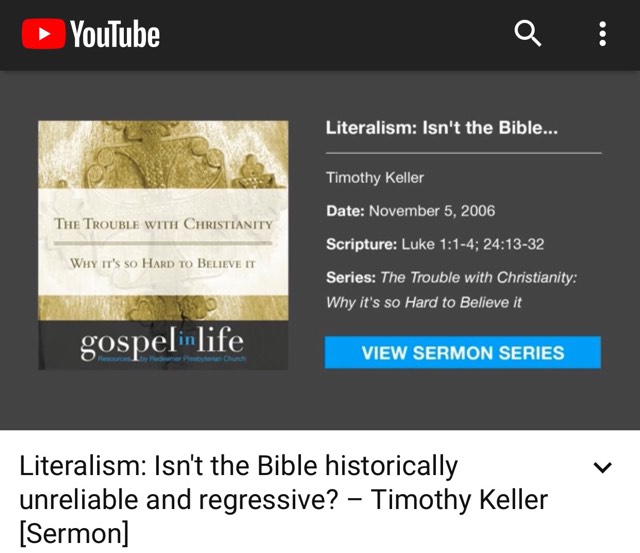
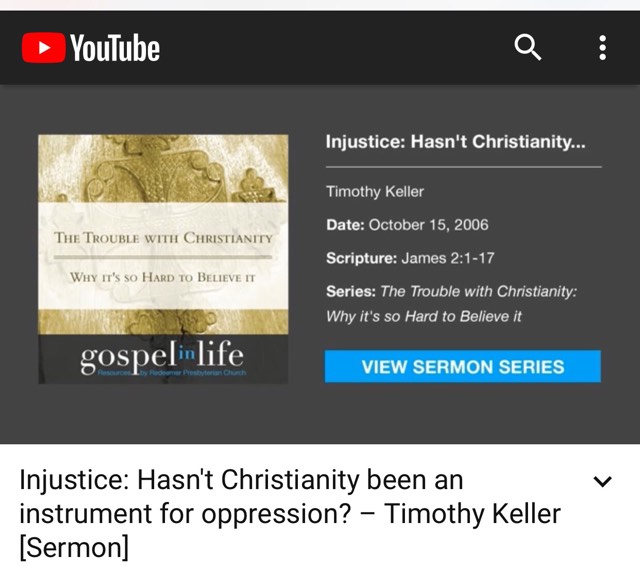

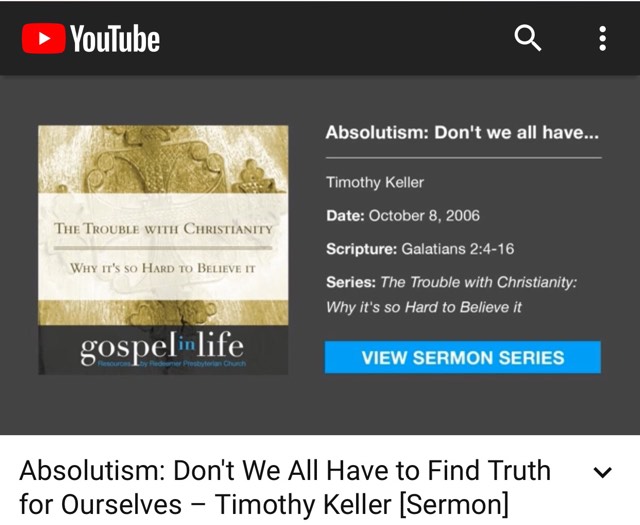

If I could recommend only one book to any one questioning Christianity, or faith in God in general, this would be it. Click on the book for more information and a short video from Tim discussing the book:
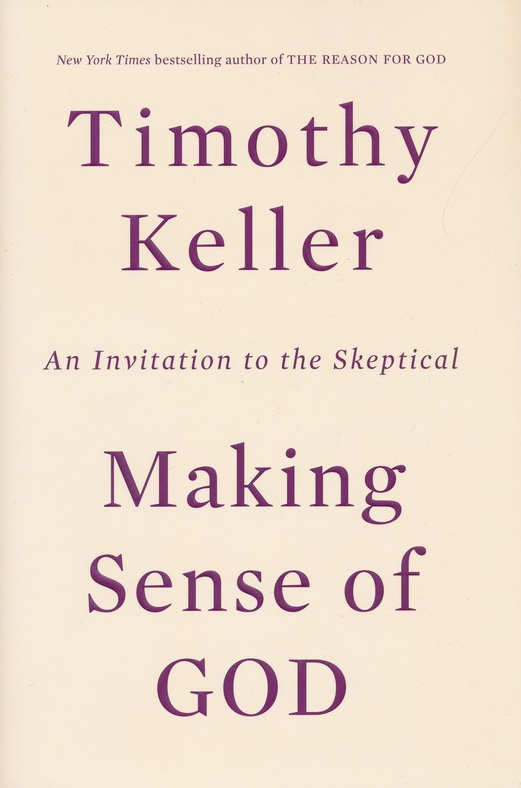
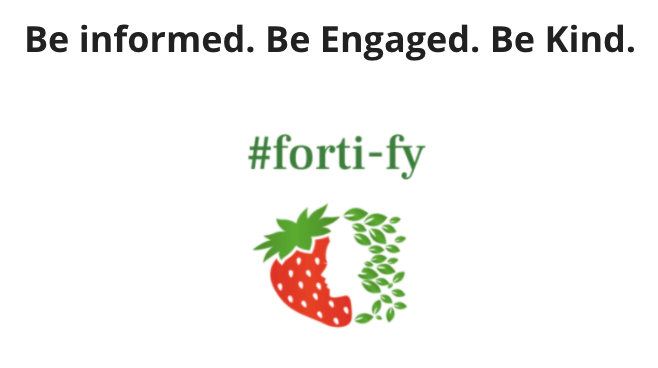
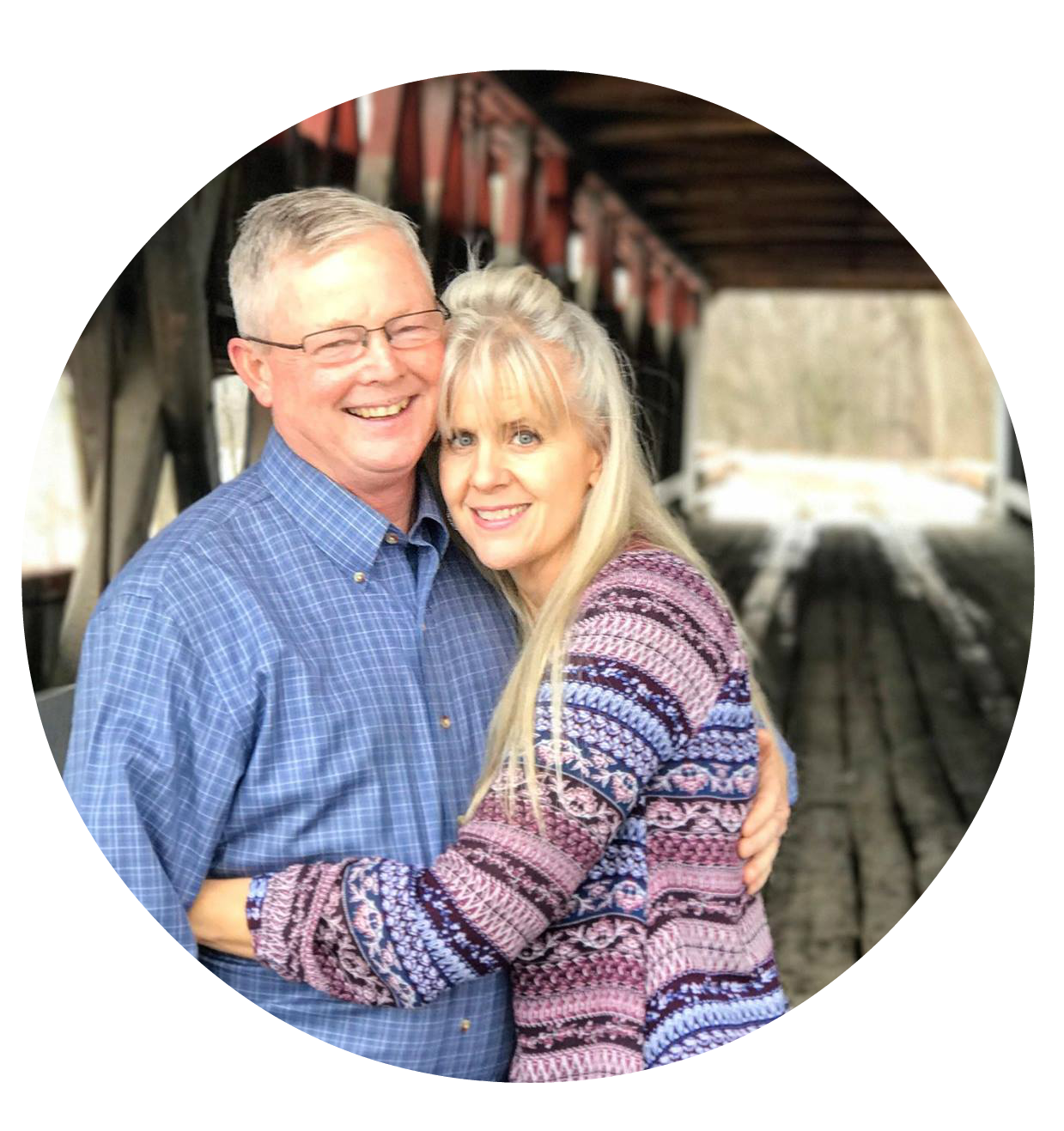
I am follower of Christ, a sinner saved by grace, trying to walk in the sweetness of life – resting in the strength of the triune God, who fortifies me daily with His righteousness, loving kindness and holiness of spirit. Read full bio here.


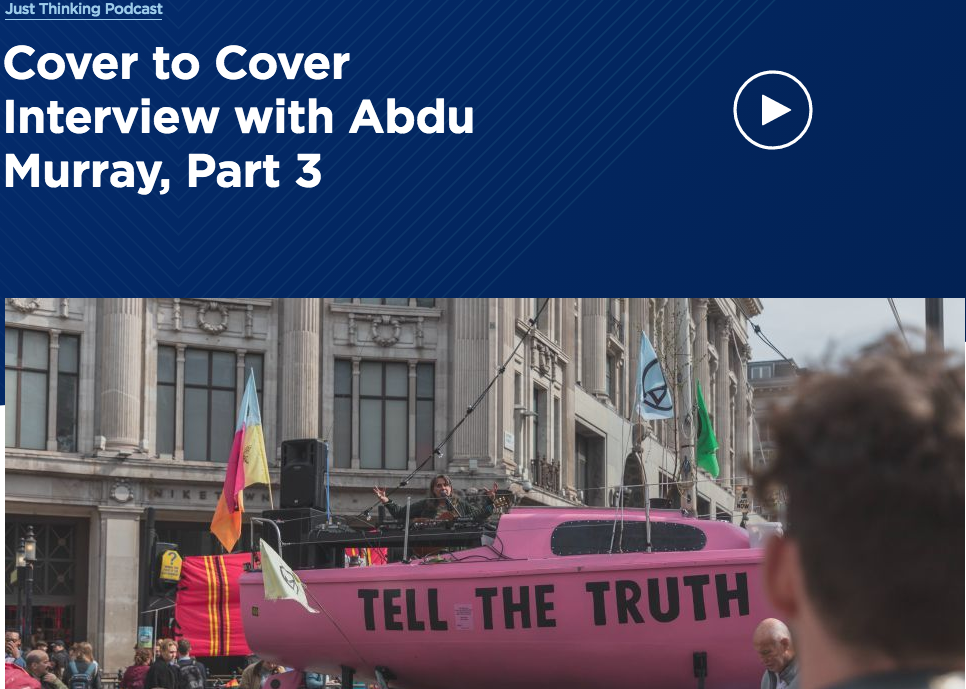
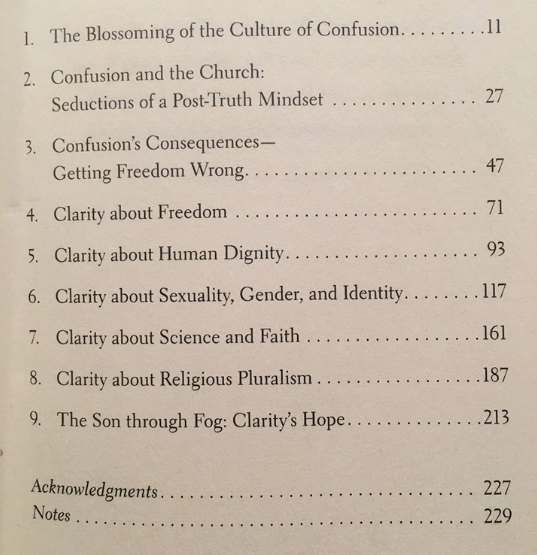
 s.
s.